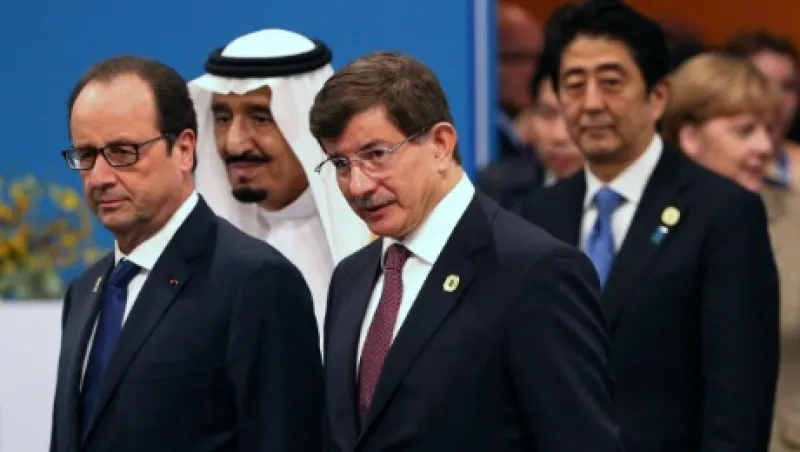
Daily Agenda: Saudi Royal Family and Government Shakeup
Japanese Prime Minister Abe to address Congress; Twitter earnings leaked over Twitter; SEC to regulate executive compensation.
Andrew Barber
April 29, 2015


